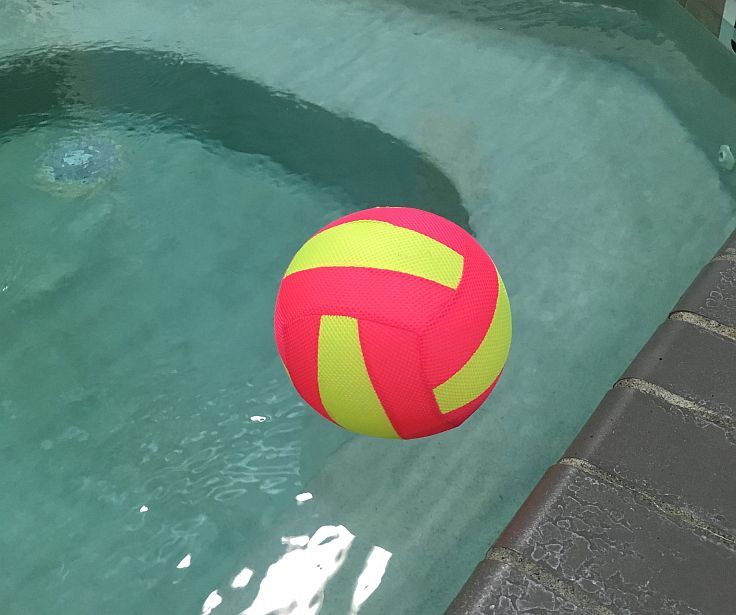
What's For Dinner?
Make dinner time, family time!
Article – Youth Activities: What Every Parent Should Know

What's For Dinner?
Make dinner time, family time!
Article – Youth Activities: What Every Parent Should Know

Do you think it's time to get your child involved in sporting activities or performing arts lessons? Many parents struggle with finding the right time to get their kids involved. Once the papers are signed and their car pooling the team to a game or buying a brand new karate uniform, the next problem they face is wondering how much is too much. Below you will find some great tips on how to decide if your child is ready for extracurricular activities, as well as how to know when it's all too much.
When to Start: How young is too young? Is it ever too late? Questions like these plague parents of young children. There are no set rules governing when you should or shouldn't be enrolling your child in sports activities or lessons of some sort. Generally speaking, most parents choose to start enroll their children in activities around 4 years old (preschool age), but ultimately it should be based on the growth of your child. While there are no specific guidelines for involvement, as a parent you can make a decision based on the follow three things:
Now that you know your child is ready to actively take part in sports, performing arts lessons or martial arts instructions, there are just a few guidelines to follow to ensure their happiness.
Watch for Burnout Signs: Much like adults, children are capable of suffering from activity burnout. Since kids are becoming more and more involved at younger ages, by the time they reach their teenage years they are tired of playing softball or they don't want to pick of the guitar ever again. They become frustrated with their activities and they no longer are happy when they play or go to practice.
Don't Over Do It: It may be tempting to let your child take part in every activity they want to, but children need time play and relax, regardless of whether not they want to. If your child is school age, they are going to be bombarded with even more activity opportunities. Letting them over saturate their lives with commitments will definitely lead to burn out and can ultimately leave them tired and less than happy. If your child is currently in school, to many activities can take a toll on their school work. Not only will it affect them, but as a parent, your time will be spread even thinner.
Careful When Quitting: Your child may be frustrated with their music lessons and want to quit, not because they hate it, but because they don't feel confident in their abilities. Nothing happens over night and allowing your child to quit an activity whenever they are frustrated will only set a bad example. Allowing them to give up will lead them to believe think it is okay to quit at any time. If your child wants to quit, you may want to consider requiring them to hold out until the end of the season or sessions. If they still are not interested after this time then you can allow them to quit.